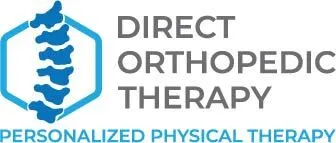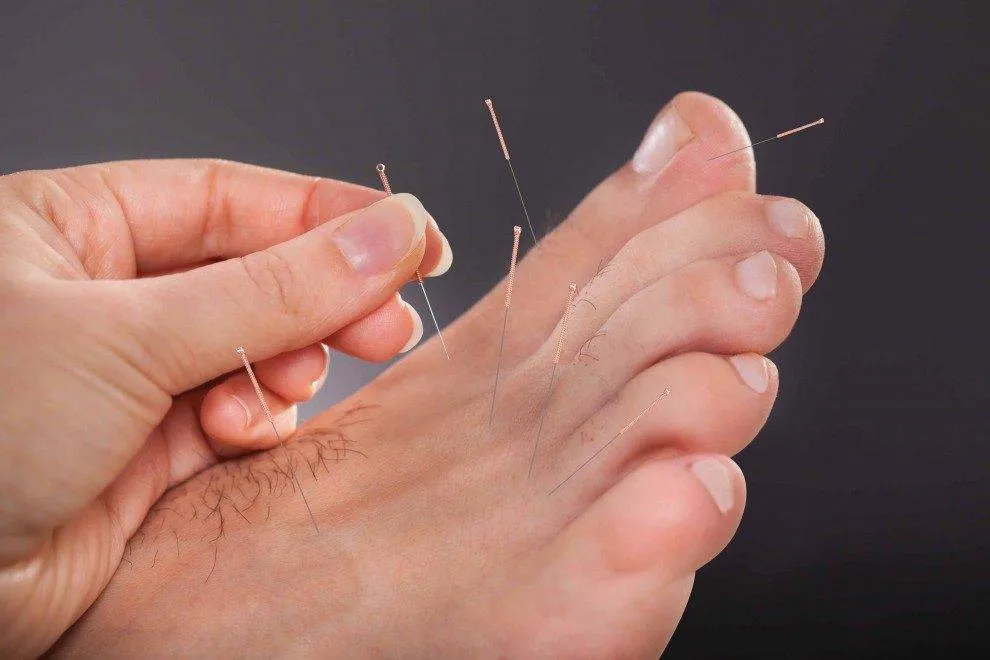Your physical therapist has recently introduced you to dry needling, an effective treatment that can reduce pain and build muscle strength. Dry needling is a technique in which an extremely fine needle is inserted into trigger points on your muscles, causing chronic pain, inflammation and faster soft tissue healing. This procedure has proven successful at relieving chronic discomfort, decreasing inflammation, and speeding up tissue repair.
What is a tendon?
Tendons are strong cords connecting muscles to bone, enabling them to bend and move. They can be found not only in the head and neck but also in the shoulder, arm, leg, and foot. Tendons are fibrous tissues composed of collagen, one of the most abundant proteins in the body. By bundling these fibers together, tendons become stronger and more flexible.
Collagen fibers comprise multiple polypeptide chains that form dense helical strands or fibrils. These strands spiral inside tendon fascicles for strength and structure. Tendon fibers boast the highest tensile strength of any soft tissue due to their hierarchical structure and parallel orientation. This property is largely attributed to a low molecular weight dermatan sulfate peptide (PG) component.
Tendons possess a vascular system that supplies blood to the area surrounding them. Furthermore, these spaces contain an HA-rich lubricant that helps reduce friction between the tendon and other structures nearby.
Trigger Points
Trigger points are pressure-sensitive areas in muscles that can cause discomfort, stiffness, and inflammation. They often develop in the neck, shoulders, arms, legs, or lower back. These painful knots form when muscles become tight and irritated due to overuse, trauma, or repetitive microtrauma. They restrict blood flow and increase acidic tissue, leading to intense pain and discomfort.
Your doctor can diagnose tendonitis by physically inspecting you and asking questions about how the injury occurred. They’ll also look for tenderness, swelling, redness, and muscle weakness near the sore tendon. Your doctor may suggest physical therapy or dry needling to alleviate your discomfort. Dry needling is a noninvasive treatment that uses a fine needle to loosen trigger points and restore normal blood flow to the affected area.
How is dry needling done?
Dry needling is a therapeutic technique that utilizes a fine needle to release muscle tension, reduce tendonitis and inflammation, and promote healing in your body. It stimulates micro tears in the tissue, prompting your natural defenses to take action by bringing nutrient-rich blood to the affected area and speeding up repair processes.
Physical therapists commonly use dry needling when treating myofascial trigger points, which are muscle knots that can cause pain, decreased flexibility, and impaired muscle function. Mobile physical therapists insert needles through your skin into muscles to cause a mild reaction that provides temporary comfort. This can facilitate other aspects of treatment, such as joint mobilizations and stretching, helping you progress faster toward healing.
Before your session, it is recommended that you wear loose clothing that allows the therapist easy access to your muscles. You may also require a covering, such as a gown or towel.
What are the benefits of dry needling?
Dry needling can effectively treat muscle and ligament pain and injury conditions. Additionally, it helps relieve chronic discomfort caused by myofascial pain syndrome or fibromyalgia. Sports injuries or surgeries often benefit from massage therapy for back pain and sciatica. It reduces inflammation, dissipates inflammatory mediators, and stimulates natural pain-relieving chemicals in your body, and it may also speed up recovery time for these ailments.
Physical therapy and this treatment work together to treat tendonitis. By adding it to your regimen, you can help speed up healing time and get back to doing what you enjoy most. Inserting a needle into a trigger point relaxes muscles and increases blood flow. This improved circulation helps carry away painful acidic wastes while providing your muscles with oxygen and nutrients to repair themselves.
Treatment involves inserting needles at precise points on the body to break up muscle knots and trigger points, often leading to twitching as an indication that the therapy is working. To learn more about dry needling and other treatment options, visit Direct Orthopedic Therapy and contact our team of specialists to schedule an appointment.
If you have any questions or concerns, please feel free to contact us.



